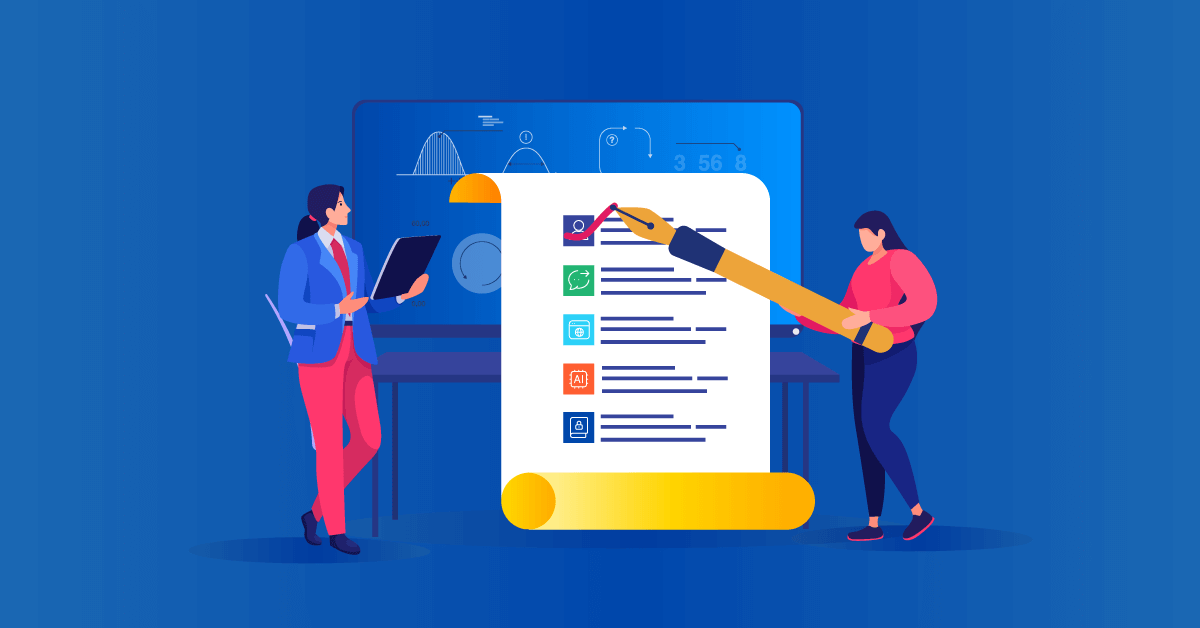As adults we hardly waste our time socializing with “friends” who add little meaning or value in our life. We barely visit relatives who are critical or harbor negative feelings towards us. We also stray away from places that remind us of any unpleasant memories!
As adults, we are used to engage in activities that are productive and meaningful. We look for value, we look for advancement and progression.
It could be in our professional or personal realm, but the activity has to add meaning to our time and efforts. Adult learning theories further prove this argument. Adult learners stray away from learning opportunities that provide little or no benefit in our daily life.
Courses designed for adults enjoy higher enrollment rates only if they are marketed (and proven) value adders to the learners’ work or life performance.
Why do you think customer testimonials work?
They talk about values and measurable indicators effecting the individual’s life. Testimonials are evidences of successful experiences endorsed by the individual. They also happen to be the most powerful marketing tool to promote a course in a learning management system.
To be very honest, the certification feature of your LMS is truly versatile – you can create any type of certification. Simply understand the appropriate use of a certification type. Consider the following ways the certification feature can be used in a learning management system:
-
Certification Feature as a Marketing Agent
Think about the value of a certificate when offered at the conclusion of a course. If it is a certificate of participation, it is still better than no recognition at all!
As adult learners (regardless of our age bracket: young adults, mid adults, senior adults) we thrive on regular feedback and recognition. A certification at the end of any course provides a “proof” of completion. The electronic format of this simple document can be used to create a compelling e-portfolio.
When you suggest the certification as a self-marketing strategy to your learner, you will have a desirable enrollment count!
-
Certification of Achievement
Certificates of achievement are aimed towards establishing the achievement of learning goals. These certificates are goal-acquisition oriented.
For instance, the service management of an organization requests for an e-learning course with specified learning objectives.
Designing, developing and marketing the course in accordance with the learning goals, not only creates greater support but also higher enrollment rates.
-
Certification of Completion
Your course enrollment success is contingent on how you market it. Remember, both extrinsic and intrinsic motivation will work.
Longer courses pose the challenge of time investment and sustained effort. A certification of completion adds value to the learner as a professional with integrity and self-discipline.
Apart from acquiring the job skills necessary to get a promotion, the individual also enjoys respect and prestige, especially if their name appears on the certification on the company intranet.
-
Certification for Credit Transfer
College-level certificate transfer opportunities seldom fail to attract the attention of extrinsically motivated individuals.
The challenge behind this option is course content. It has to be built upon college level course requirement standards. Content should be directly aligned with credit and course objectives.
Assessment needs to be formal and conducted in a controlled environment. This certification needs to be recognized by an affiliated university.
-
Certification of Award or Title
Never underestimate the power of such certificates.
These are direct evidences of standard courses that confirm the learners’ capability, proficiency and capacity to work as a person with the designated title.
These courses are no small affair!
Your organization will need to be a member of an organization that creates the standards and audits courses that give out their skill-based titles.
After overcoming the membership and auditing bundle, the reward will be fruitful. You will have many interested learners flocking to your online course.
The certification feature of an LMS places a greater responsibility on the course developer.
Iterative revisions based on revised criteria is a must. Certifications accompanied by version control are even more compelling and effective in attracting more learners for your course.
| Tags: Training Certificates


